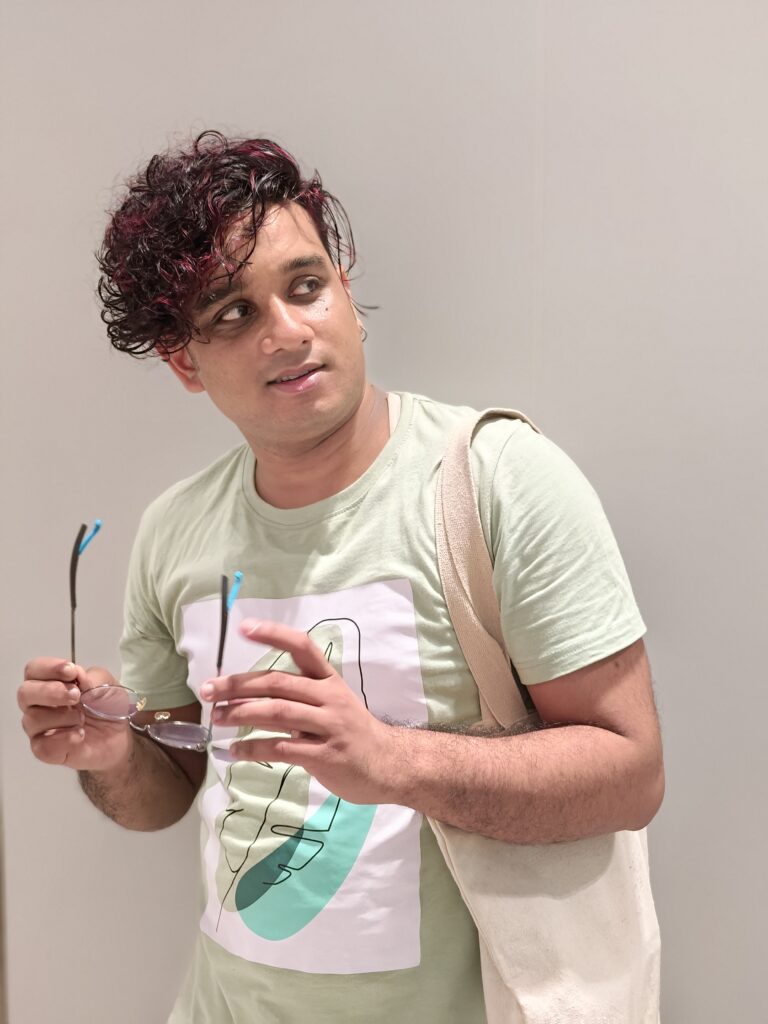Sayantan Datta, Assistant Professor of Practice, Centre for Writing and Pedagogy, Krea University delivered the 85th Popular Science Lecture at the Anna Centenary Library, Chennai on 23 November 2024.
Earlier this month, scientists from New York University showed that human embryonic kidney cells – disembodied and cultured for generations in the laboratory – could show canonical features of memory. Last month, Kolkata-based researchers engineered bacteria that could organize into artificial neural network-like architectures, and compute abstract mathematical problems. Memory and computing abstract problems are two processes that are typically thought to be the forte of the brain, a specialized organ composed of billions of specialized cells. But if cultured kidney cells can remember, and bacteria can be made to do (some) mathematics, what does this mean for us, and what we understand as intelligence? In this lecture, Sayantan summarised recent scientific studies that report ‘intelligent behavior’ in ‘brainless’ organisms: learning and memory in non-neuronal cells, and problem-solving in slime molds. In doing so, Sayantan dwelled on the possibilities and opportunities offered by these findings – for science and for humanity.
The Popular Science Lectures is part of the Tamil Nadu Science Forum’s (TNSF’s) efforts to popularise science to the general public and students who are pursuing science as their career.
